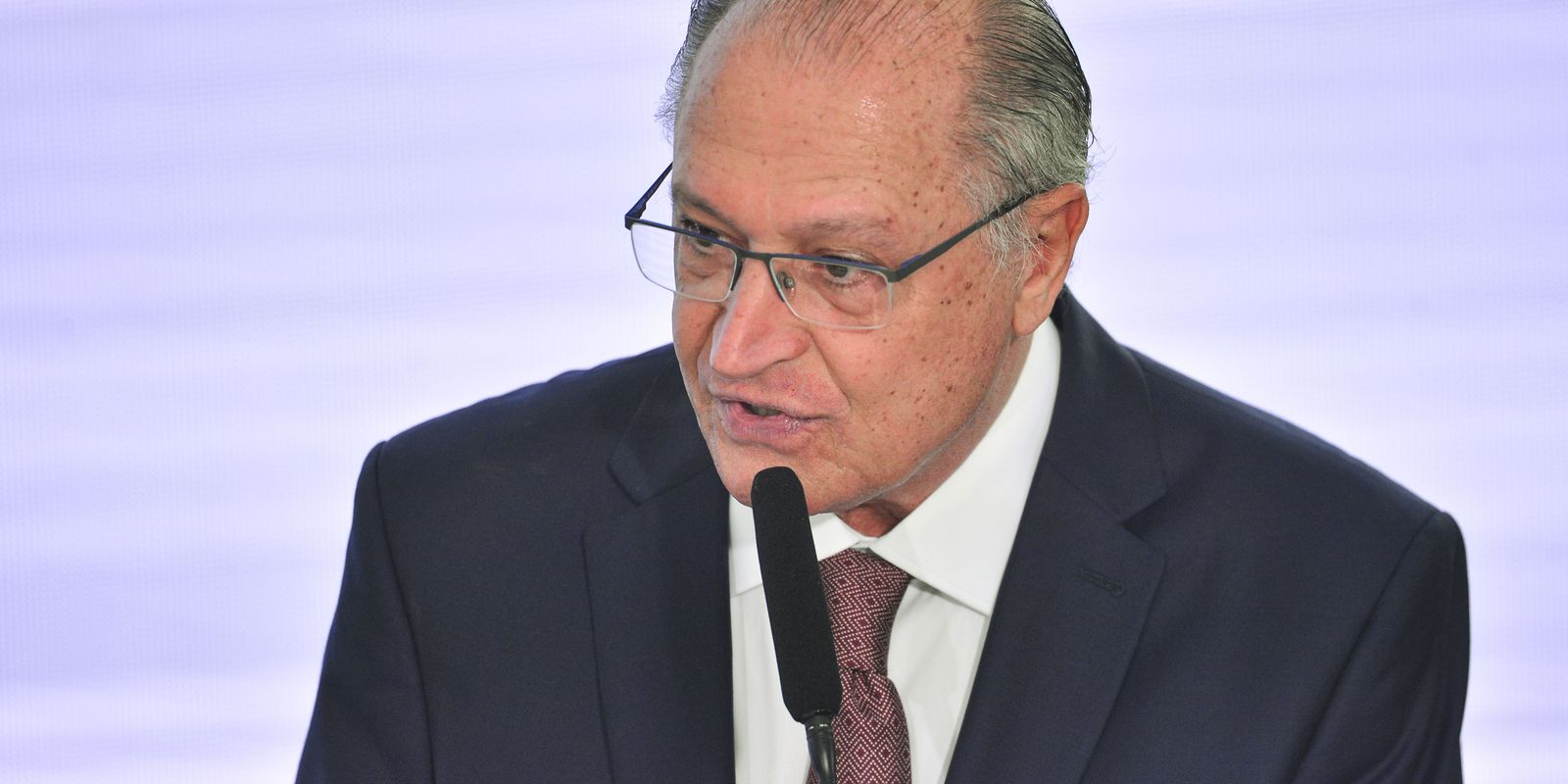The Vice-President of the Republic and Minister of Development, Industry, Commerce and Services, Geraldo Alckmin, informed that the federal government should forward to the National Congress, in the coming days, the fiscal anchoring project, required by the Constitutional Transition Amendment. This Monday (20) he participated in an event at the National Bank for Economic and Social Development (BNDES).
“President Lula has not yet given the final word,” said the vice president. “The entire government has discussed it in a very harmonious way, within the principle of to have a fiscal anchorage that controls the growth of the debt and, on the other hand, that allows for the necessary investment for growth. At the right time, the president will announce the new fiscal anchoring.”
The Constitutional Amendment of the Transition, which released BRL 145 billion from the spending ceiling of Bolsa Família and up to BRL 23 billion in investments, in case there is excess revenue, established the obligation of the government to send a complementary bill that replaces the ceiling spending until August.
“[A proposta de ancoragem fiscal] will, in an intelligent measure, matching the debt curve [de um lado], on the other hand surplus, on the other hand spending control. It is an intelligent measure that will bring a lot of security in the fiscal matter.”
Alckmin said that it is necessary to reduce the basic interest rate (Selic), as this also causes fiscal impacts on the government.
“Brazil does not have demand inflation, on the contrary, what we need is to stimulate the economy. The whole world is going through a more difficult time. Today, most countries in the world have negative interest rates. [A taxa estando a] 8% above inflation, this ends up hampering consumption, delaying investment and burdening the tax authorities. Nothing worse for the taxman than that, because half of the debt [do governo] is Selic. So, we believe in common sense and that we will to have interest rate reduction”, he said, adding that each 1% of the Selic rate generates BRL 25 billion in costs for the government, per year.
Alckmin also highlighted that the government is seeking to make the tax reform feasible, which will bring, among its proposals, to unite five taxes on consumption in a tax on added value. “It simplifies, reduces Brazil’s costs, helps industry and helps exports,” he said.
















